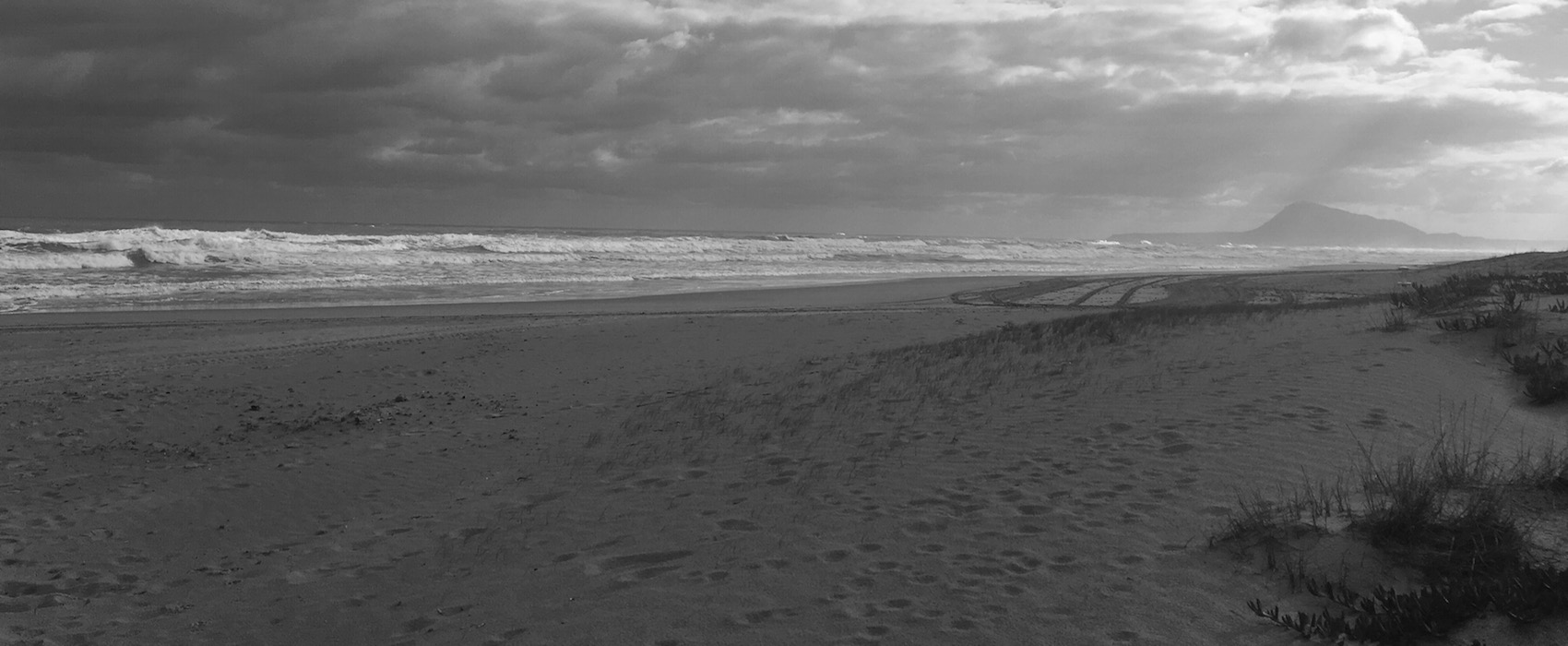It was two years since Mark died on 15 November, so I got a tattoo while I was staying with friends in the Spanish town of Oliva. It’s a semicolon, which to me means there is an ending, but also continuation, with a mighty pause in between.
I’m in the pause at the moment, I think. It’s a strange place, but not bad. I can feel that the trauma has left me, the shock of Mark’s death and the horror is passing. Life feels less of a nightmare.The isolation and bewildered sense of removal has gone, which is an incredible relief. But what I will carry forward, I hope, is an unabashed respect for my own resilience and a heightened awareness of the importance of others and the interdependence that seems to be at the heart of things.
I think back to when I felt I was in a million shattered pieces, and see it was also a time of intense goodness, when friends really did come through and gave me incredible love and support. I knew for sure that I needed people: that was settled. All the defences, the conceit of individualism and independence, fears about being demanding, were all blown apart. I knew that I had to carry my grief alone, and at times it was intensely difficult and lonely, but knowing that people were there, rooting for me made a vast difference. It was a time when we all realised that there was nothing that anyone could do to ‘fix’ it, but at the same time they could do so much by just being there. No one could ‘make it better’ but the people who helped me and showed me in many different ways that what happened mattered had an incredible impact on me as I navigated the hell I found myself in.
Having to dig so deep into my own inner resources and the unequivocal need for the support of others is maybe the closest I have come to of what the residents of San Francisco experienced together in the wake of the the 1906 earthquake and fire as described by Rebecca Solnit in her book Paradise Built in Hell.
“Imagine a society,” she writes…
where the old divides between people seem to have fallen away, and the fate that faces them, no matter how grim, is far less so for being shared, where much once considered impossible, both good and bad, is now possible or present, and where the moment is so pressing that old complaints and worries fall away, where people feel important, purposeful, at the centre of the world. It is by its very nature unsustainable and evanescent, but like a lightning flash it illuminates ordinary life, and like lightning it sometimes shatters old forms. It is utopia itself for many people, though it is only a brief moment during terrible times. And at the time they manage to hold both irreconcilable experiences, the joy and the grief.
Something I’ve touched over the last two years has left me with an increased trust that we are much more resilient, more capable of kindness, generosity and fortitude than we are often given credit for. There’s plenty of evidence to the contrary right now, of course. But my encounters with people, from the young man working in the furniture shop who made me hot chocolate and those who struck up conversations in cafes at just the right time, to the friends who threw in their lot and helped pull together the funeral, have made me more confident that Solnit is on the right track when she writes that
just as many machines reset themselves to their original settings after a power outage, so human beings reset themselves to something altruistic, communitarian, resourceful and imaginative after a disaster, that we revert to something that we already know how to do. The possibility of paradise is already within us as a default setting.

Leave a Reply
You must be logged in to post a comment.